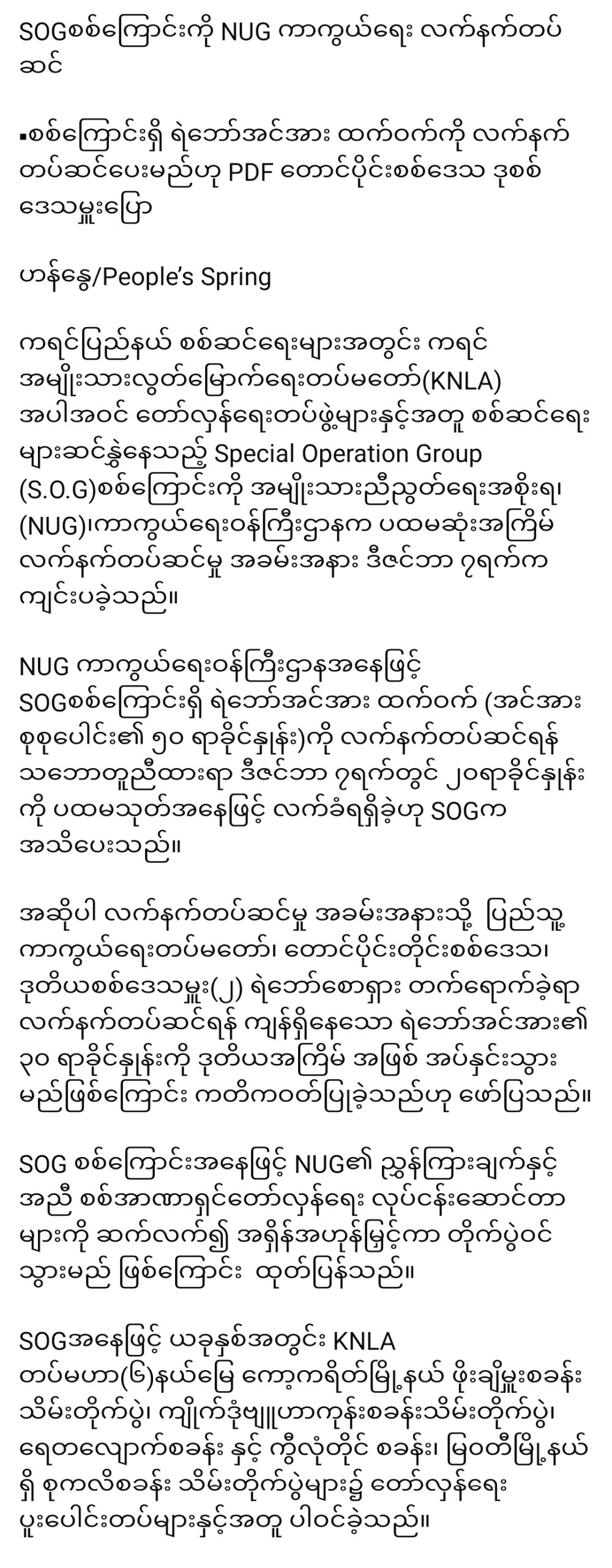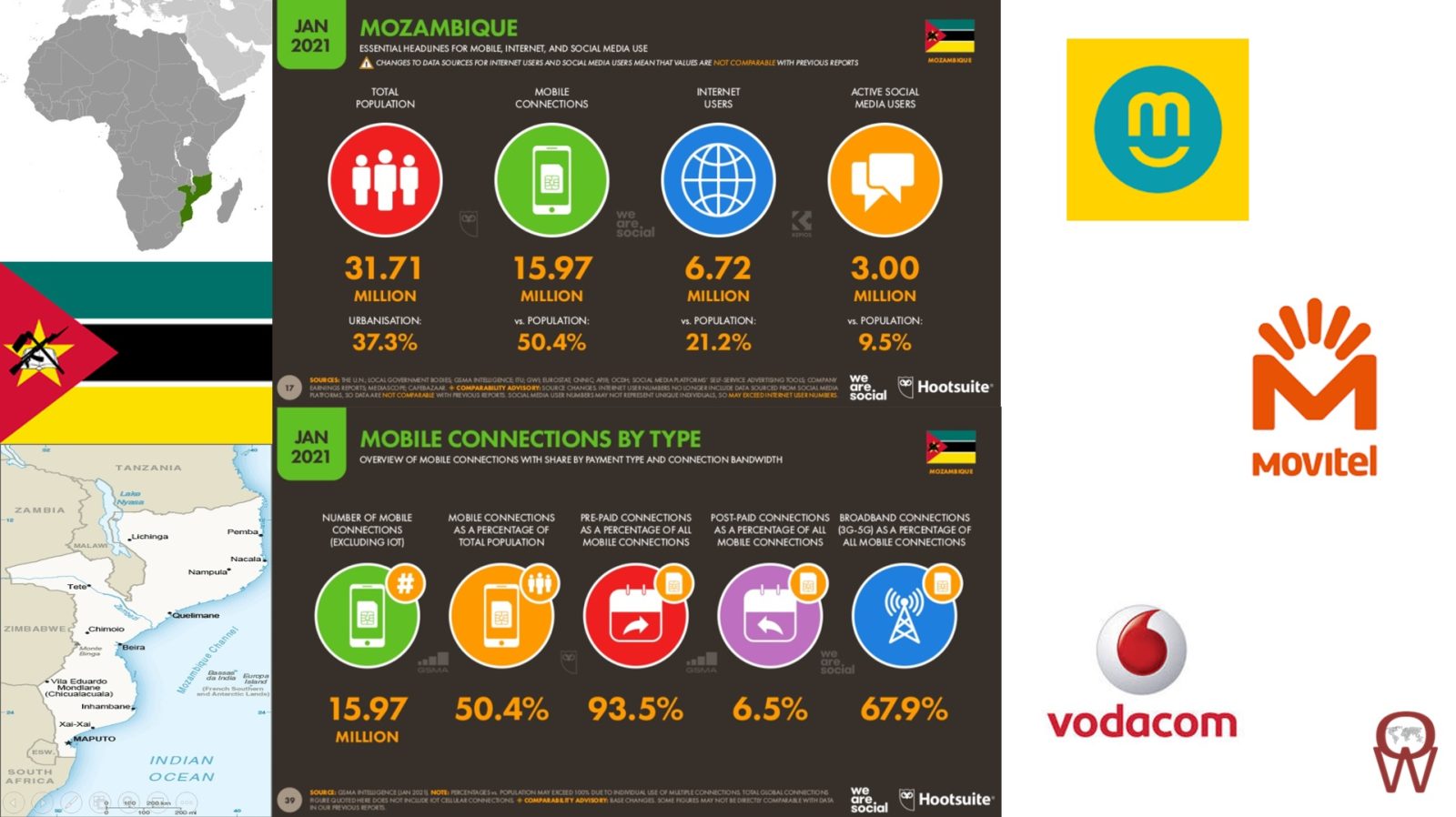
Telecommunication Companies in Mozambique
Mozambique’s telecommunications industry is an essential component of its economic development, facilitating communication and fostering trade, education, and innovation. The sector has seen significant growth, driven by increased demand for mobile connectivity, internet access, and modern digital solutions. Below are the key players and trends shaping Mozambique’s telecommunications landscape.
1. Leading Telecommunications Companies
a. Tmcel (Mozambique Telecom)
Tmcel is one of the oldest and largest telecom operators in Mozambique. Established in 1981, it initially served as the national provider of fixed-line services. Over time, it expanded its offerings to include mobile services, internet connectivity, and enterprise solutions. Tmcel is state-owned and plays a pivotal role in delivering affordable communication services to urban and rural areas.
b. Vodacom Mozambique
A subsidiary of Vodacom Group, Vodacom Mozambique entered the market in 2003 and quickly became a dominant player. It is known for its robust mobile network coverage, competitive pricing, and innovative products such as mobile money services (M-Pesa). Vodacom has heavily invested in expanding 4G and other advanced network technologies, enhancing both urban and rural connectivity.
c. Movitel
Movitel, launched in 2012 as a joint venture between Viettel Group from Vietnam and Mozambique partners, is recognized for its rapid growth and aggressive expansion strategy. It focuses on rural connectivity, ensuring underserved regions have access to mobile and internet services. Movitel’s affordable pricing and extensive network have made it a popular choice among lower-income populations.
2. Market Dynamics and Services
The Mozambican telecommunications market is competitive, with operators striving to improve their services and expand their reach. Mobile penetration rates have steadily increased, with over 17 million mobile subscriptions as of recent estimates. Internet penetration, while still low compared to global standards, has shown promising growth due to smartphone adoption and the expansion of 3G and 4G networks.
Telecom companies in Mozambique offer a wide range of services, including:
Voice and SMS Services: Essential for communication, especially in remote areas.
Internet and Data Packages: A growing segment as demand for digital services increases.
Mobile Money: Services like M-Pesa by Vodacom and E-Mola by Tmcel have transformed financial inclusion in Mozambique, allowing users to send, receive, and store money via mobile phones.
Enterprise Solutions: Cloud services, broadband internet, and cybersecurity solutions cater to businesses.
3. Challenges in the Sector
Despite growth, Mozambique’s telecom industry faces challenges such as:
High Operational Costs: Infrastructure development is expensive, especially in rural areas.
Regulatory Barriers: Complex and sometimes inconsistent regulations can hinder innovation.
Limited Internet Penetration: Affordability and digital literacy remain obstacles to widespread adoption.
Power Supply Issues: Unreliable electricity in some regions affects network operations.
4. Future Outlook
The future of telecommunications in Mozambique looks promising, with ongoing investments in infrastructure, such as undersea cables and fiber-optic networks, set to enhance connectivity. 5G rollout, although in its infancy, is expected to revolutionize the industry, enabling faster internet speeds and advanced digital solutions. Moreover, the growing adoption of smartphones and increasing competition among operators will likely lead to more affordable and diverse services.
In conclusion, Mozambique’s telecommunications sector is pivotal to the country’s development, connecting millions and driving economic growth. With continued investment and innovation, the industry has the potential to significantly bridge the digital divide and propel Mozambique into a more connected future.





Leave a Reply